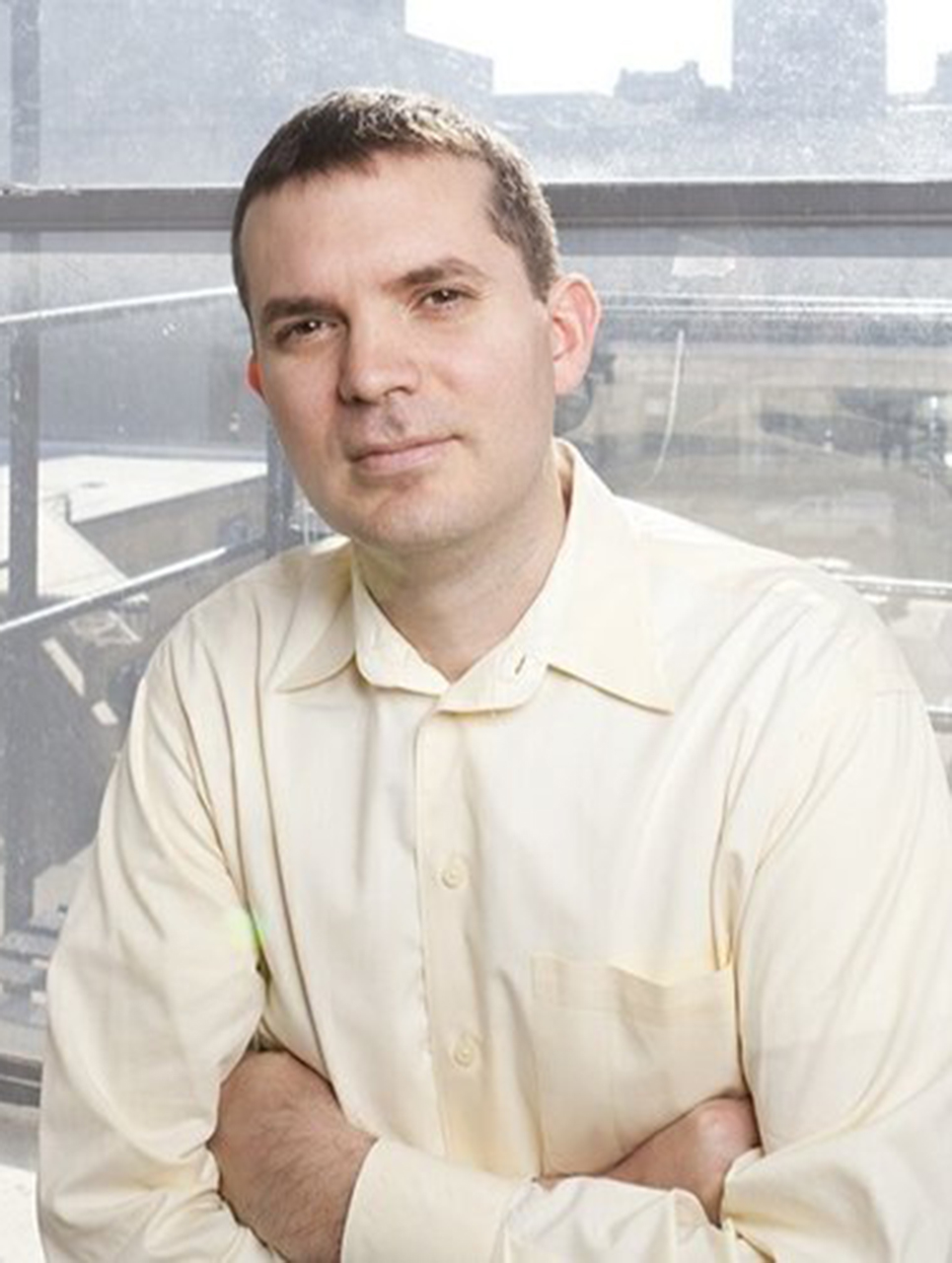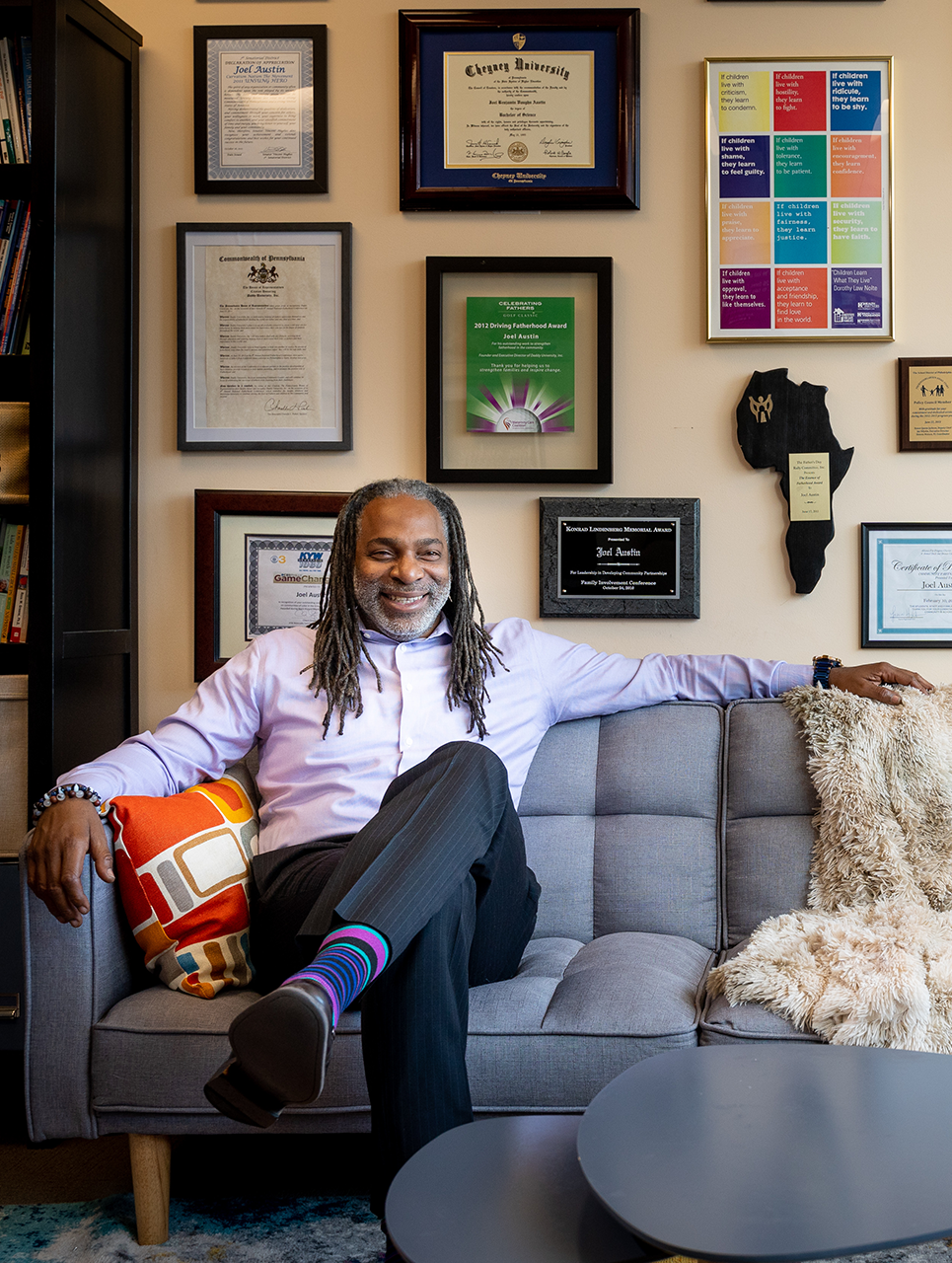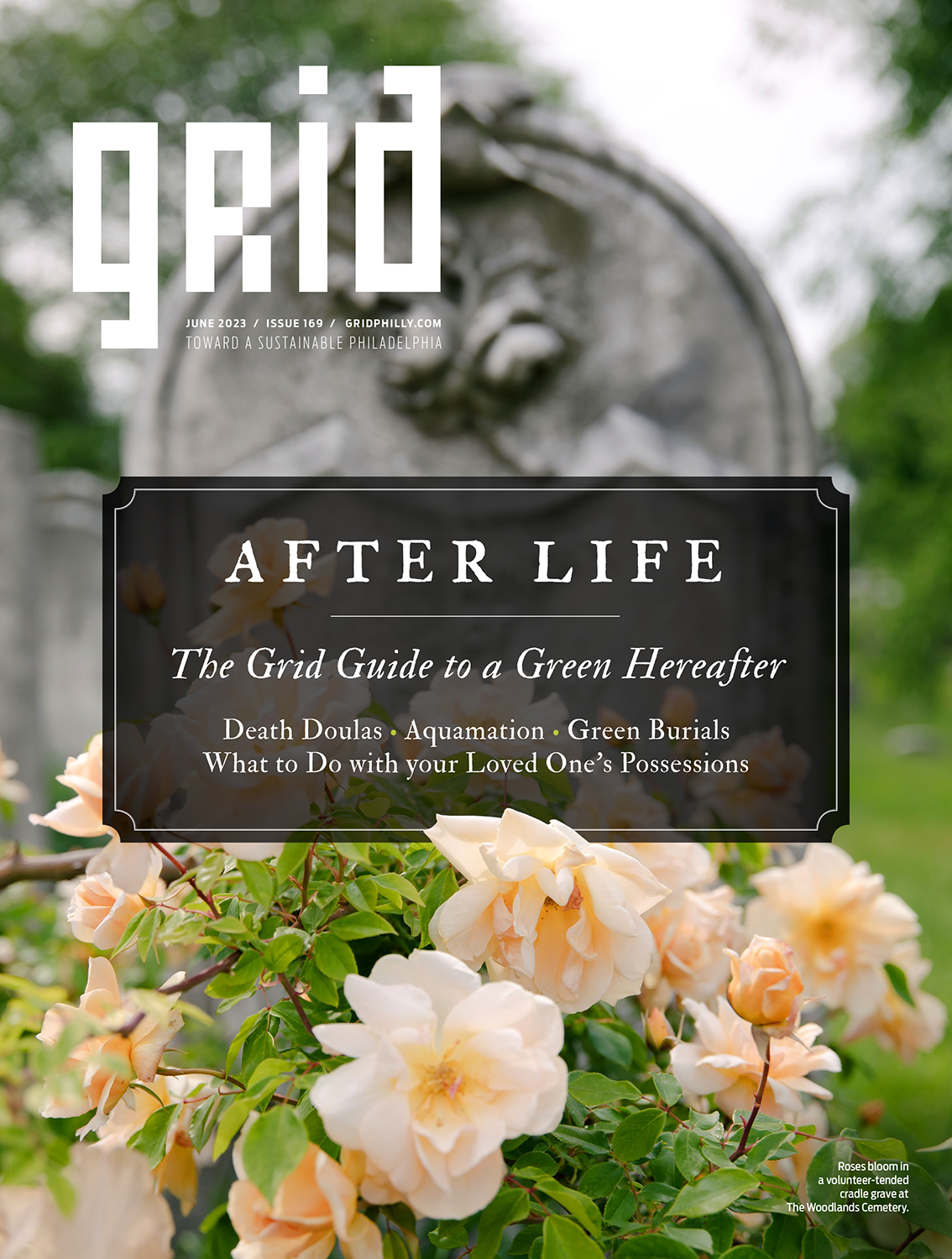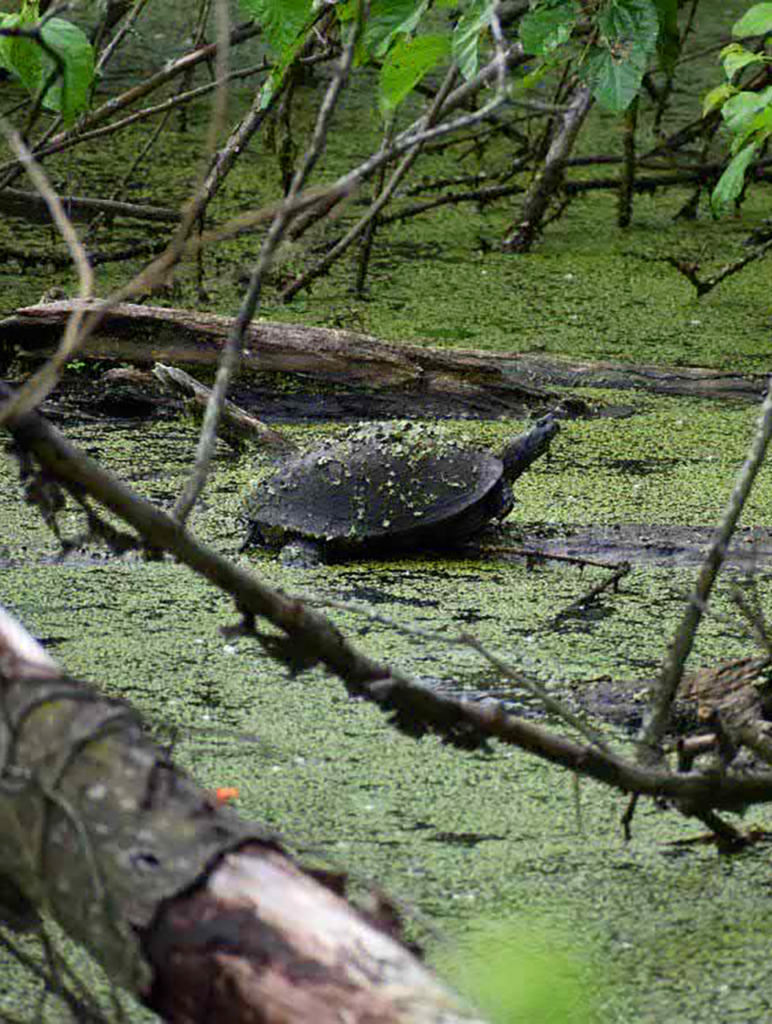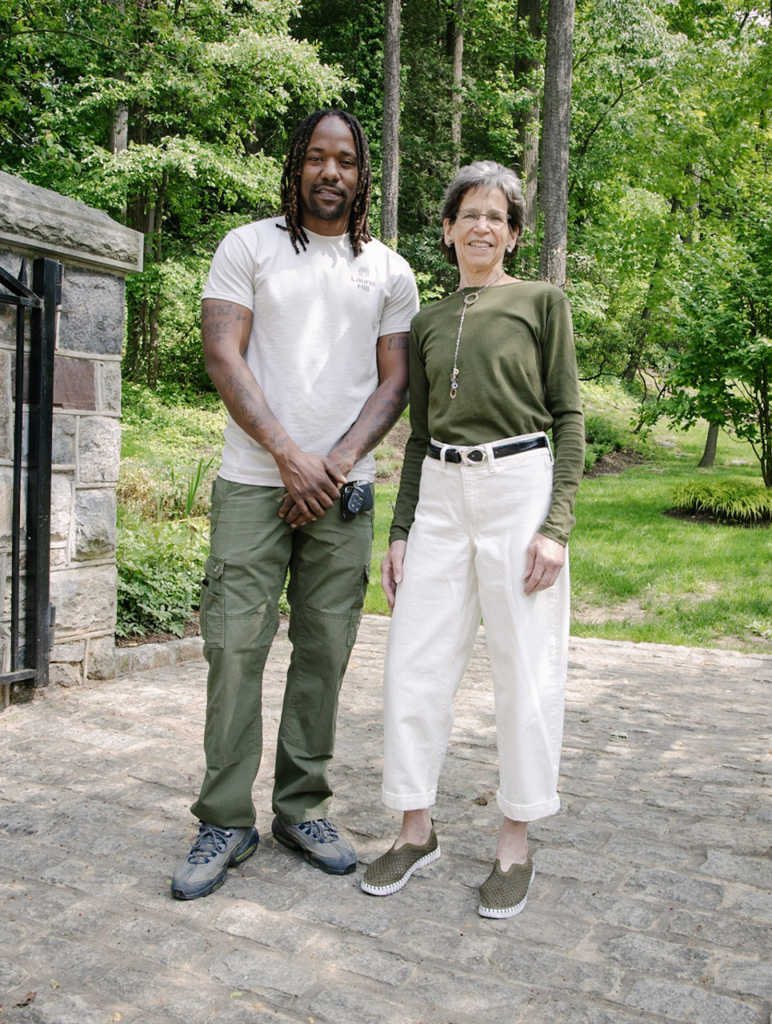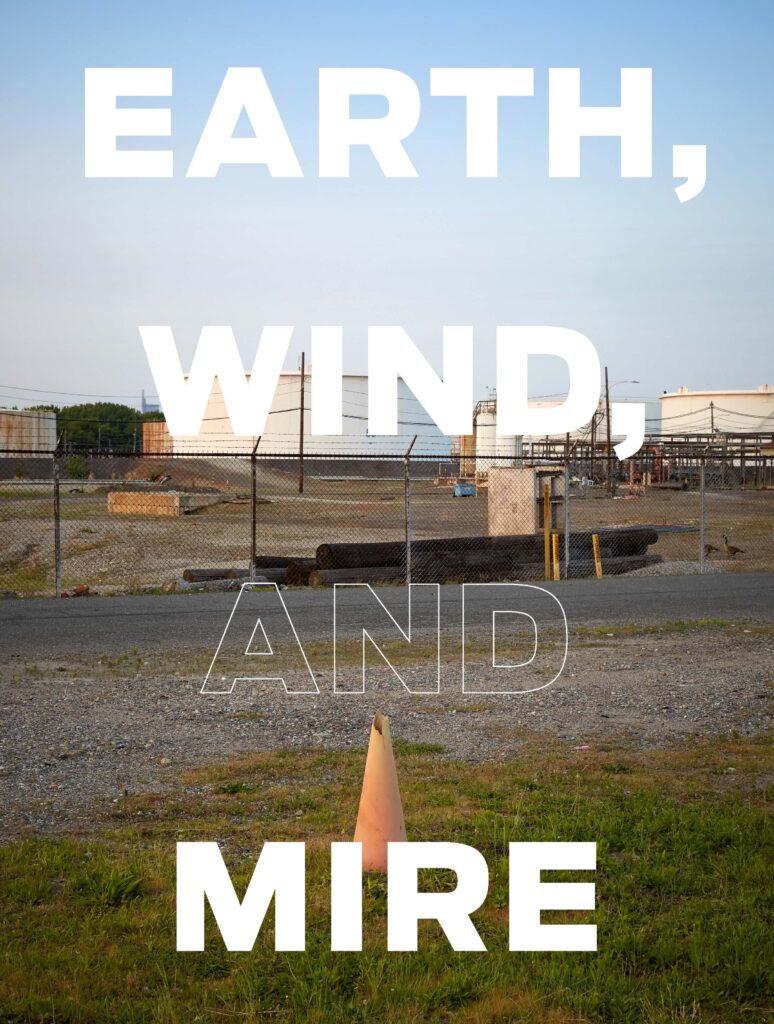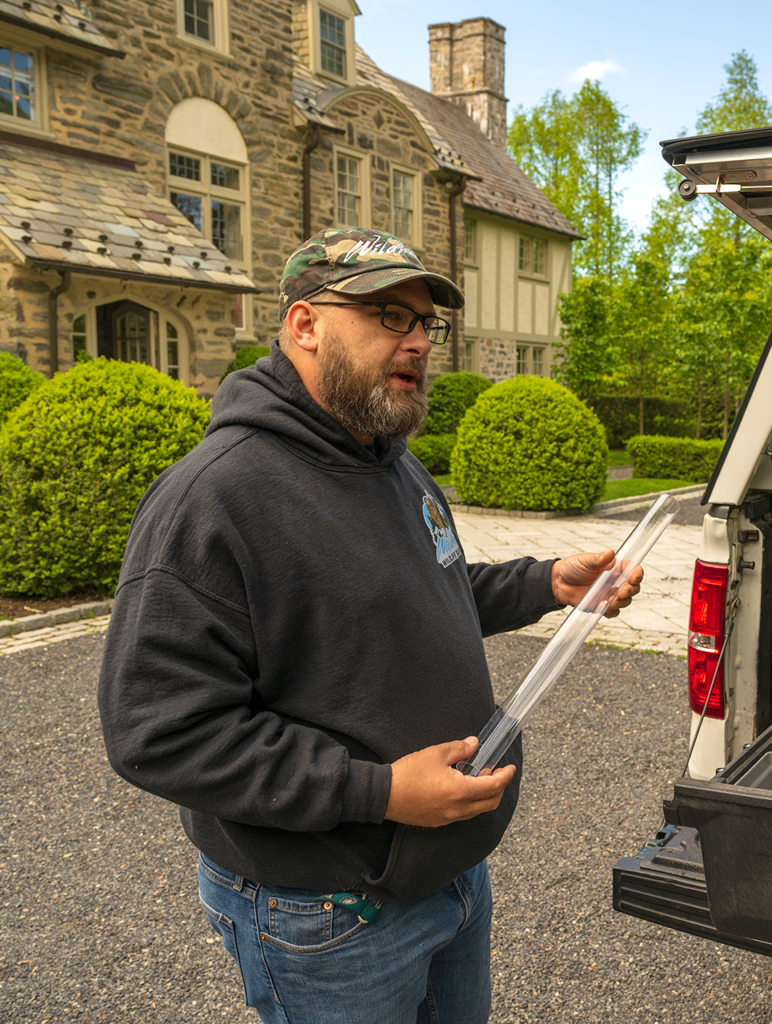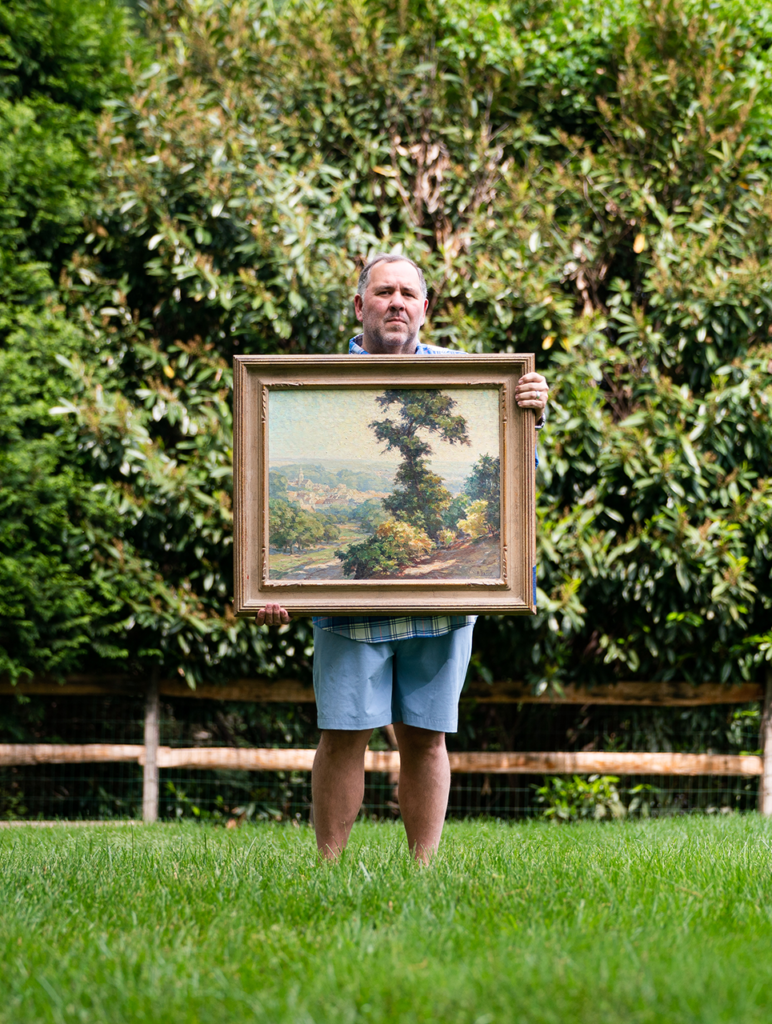
It’s hard to know which battles to choose. We are confronted with such an overwhelming list of environmental problems (global warming, biodiversity loss, air pollution, environmental racism, sewage flooding into our rivers…) — not to mention all the interrelated social ills such as systemic racism, poverty and unabating gun violence — that we can excuse ourselves for skipping over something as small as a single proposed warehouse development impacting only 1.4 acres of wetland.
And tucked away in an industrial stretch of the Schuylkill River few people even paddle on, it’s not even 1.4 acres that people see or appreciate. I have never visited, and it’s unlikely you have either.
You might say, “Don’t bother protesting this development. Save your time and energy for something more destructive, or something more obviously valuable to protect. After all, developers are obliged to replace any wetlands they destroy, so it’s really just a lateral step.”
But at this late stage in the game of environmental destruction, even the tiniest nibble is an affront. Wetlands in particular are in short supply, which is a dire problem given how effective they are in soaking up carbon and absorbing flood water. Any city serious about climate change should be factoring that into its planning.
And we shouldn’t just be trying to protect this little 1.4 acres; we should be dreaming big, plotting how we can regain the tens of thousands of acres that used to line our rivers and creeks.
Big dreams are in short supply in the corridors of power today. In Harrisburg the fossil fuel industry enjoys continued support from both parties, even as Shell’s new ethane cracker in Beaver County racks up permit violations and an underfunded Department of Environmental Protection faces a mountain of abandoned and noncompliant gas wells.
Here in Philadelphia we, for all intents and purposes, elected our next mayor during the primary last month. At Grid we celebrate the likely outcome of our first woman mayor in our city’s long history. However, while Cherelle Parker did say some things that reflected some understanding of the importance of sustainability, the environment was not central to her campaign. She focused on issues like public safety and education — undeniably important to Philadelphia — but it is clear that when it comes to the environment, she will not dream big on her own.
While I am hoping for the best, we need to prepare for the continuation of the status quo, which prioritizes the interests of business over the environmental needs of Philadelphians and barely protects what we have. Any development that can claim, no matter how dubiously, to create more jobs will likely triumph. The construction industry will have its way, even as it places more buildings (and more people living and working in those buildings) in the path of future flooding. Environmental programs will run on inertia — unless, that is, they are powered by an uncompromising advocacy community that keeps dreaming big.
We all know the phrase “death by a thousand cuts.” Well, we need to act like there have been 999 already. One more, even if it’s a tiny stretch of out-of-sight wetlands, is one too many.
in this issue we follow the environmental impact we have at the end of our lives. I invite you to read through the articles and ponder your own demise, even if it makes you uncomfortable. The decisions we make about our physical remains and our possessions matter to our communities and to the health of the planet. Thinking about and planning for death won’t stop it from happening (or hasten it, for that matter) but it will make things easier for your loved ones and offer the possibility that your final act will align with your values.

Alex Mulcahy, Editor-in-Chief

